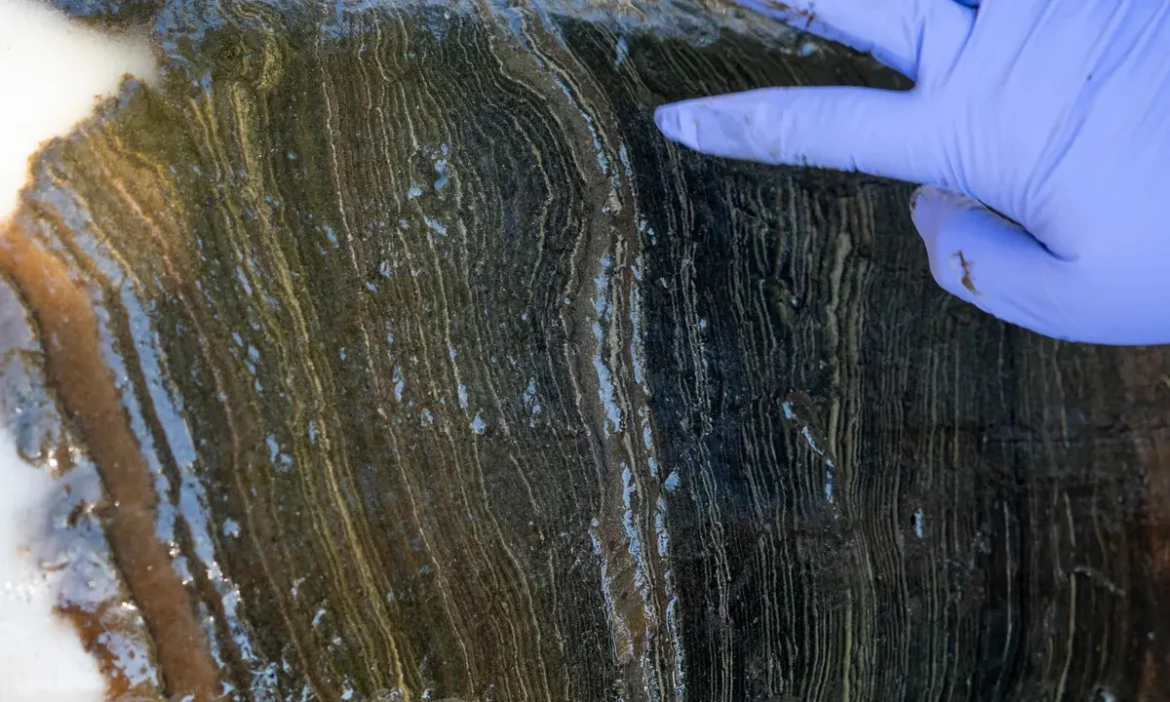The guardians of the world’s official geological timescale are reported to have firmly rejected a proposal to declare an Anthropocene epoch, after an epic academic row.
According to reports, the proposal would have designated the period from 1952 as the Anthropocene to reflect the planet-changing impact of humanity. It would have ended the Holocene epoch, the 11,700 years of stable climate since the last ice age and during which human civilisation arose.
The International Union of Geological Sciences (IUGS) has announced, however, that geologists have rejected the idea in a series of votes. Those objecting noted a much longer history of human impacts on Earth, including the dawn of agriculture and the industrial revolution, and unease about including a new unit in the geological timescale with a span of less than less than a single human lifetime, it said. Most units span thousands or millions of years.
It also acknowledged: “The Anthropocene as a concept will continue to be widely used not only by Earth and environmental scientists, but also by social scientists, politicians and economists, as well as by the public at large. As such, it will remain an invaluable descriptor in human-environment interactions.”
Read also: NGO demand more action to end climate change crises
The Anthropocene working group (AWG), which was formed by the Sub-commission on Quaternary Stratigraphy (SQS), in turn part of the IUGS, took 15 years to develop the proposal. It concluded that the radioactive isotopes spread worldwide by hydrogen bomb tests were the best marker of humanity’s transformation of the planet.
Geological time units also need a specific location to typify the unit and the Crawford sinkhole lake in Canada was chosen.
An SQS vote in February rejected the proposal by 12 to four, but its chair, Prof Jan Zalasiewicz of the University of Leicester, who backed it, said the vote had not followed the rules.
The IUGS, however, has now announced that in the next stage of the process the chairs of its 17 sub-commissions endorsed the negative SQS vote almost unanimously, with 15 votes, one abstention and one person who did not vote. This final decision cannot be appealed against.
